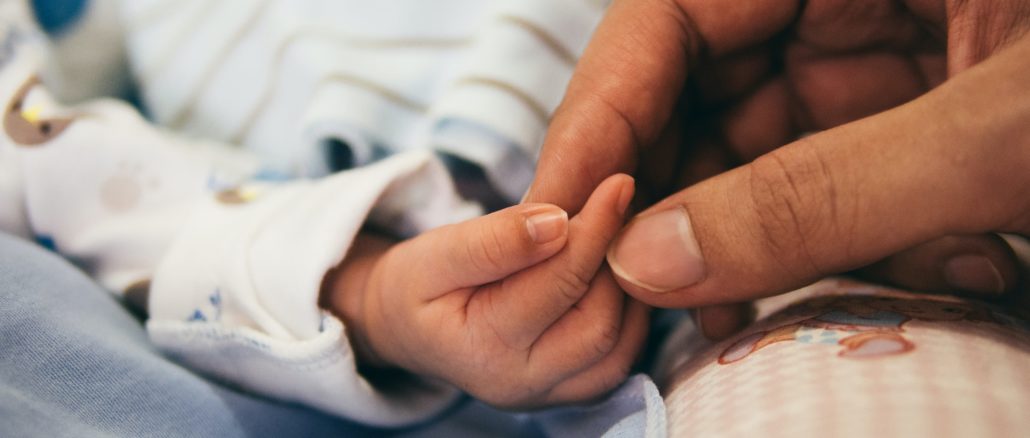
Nearly half of mums who had undergone a C-section birth admitted to feeling unprepared for the procedure, unsure of what to ask or how to have the conversation with their healthcare professional
- Recovery post-C-section of high importance to Aussie mums, yet many don’t discuss ahead of time: For the majority (71%) of mums, post-C-section recovery was the most sought-after topic when doing their own research in preparation for birth, yet more than a quarter (27%) said they didn’t know they could ask their obstetrician about this topic.
- Gaps in knowledge and fear of judgement cause women to shy away from important conversations: Although half (51%) of women said they were concerned about the remaining scar from a C-section, more than a quarter admitted they didn’t raise it with their doctor, unaware that they could, and a further 14% said they were concerned they would be judged for asking.
- Encouraging open dialogue on the procedure and recovery puts Aussie mums in the driver’s seat: The majority (84%) of mums wished they had known more about the procedure and the recovery process, and more than half (58%) would like to have a say in their wound closure. As a result, close to half (46%) said they felt unprepared for their C-section.
New research has revealed that C-section recovery and wound closure are key concerns for expectant mums in Australia, yet many are not having these discussions with their obstetrician.
A consumer survey commissioned by Johnson & Johnson Medical showed that for the majority (71%) of expectant mums, post-C-section recovery is the most sought-after topic when doing their own research, followed by other women’s experiences of C-section births (59%), complications, and side effects (56%), as well as scarring (44%).
The survey also showed that the majority (84%) wished they had known more about the procedure and the recovery process, and more than half (58%) would like to have a say in their wound closure. As a result, close to half (46%) of women said they felt unprepared for their C-section.
Reflecting on their experience, women believe that not having to manage dressing changes (33%) and worry about their wound while it was healing would make the biggest difference to their recovery. Yet, there is a hesitancy around discussing this with their obstetrician, with more than a quarter (27%) saying they didn’t know they could.
Dr James Orford, obstetrician and gynaecologist said: “Preparing for birth can be daunting for expectant mothers, no matter your choice of delivery. Encouraging an open dialogue around what to expect and the choices available will help empower women to feel more in control and prepared for the delivery of their baby and the recovery journey.”
Despite seeing an obstetrician, close to two-thirds (58%) of mums said they received most of their information regarding C-section births from a variety of sources, including midwives (19%), as well as other healthcare professionals (10%) and family (10%).
For women considering a C-section, half (51%) said they were concerned about the remaining scar. More than a quarter admitted they didn’t raise this with their doctor, unaware that they could, and a further 14% said they were scared they would be judged for asking.
“Even though many mums-to-be don’t always raise the topic of scarring with their obstetrician, we know it’s one of the biggest concerns when it comes to C-section delivery – it’s the second-highest topic searched online following C section over the past five years.i
“This is why a discussion providing choice, clarity, and consideration around wound closure options and scarring should be encouraged for every woman. Technology and wound closure techniques have advanced significantly in the last few years, and women now have a choice. Each wound closure technique, whether it be stitches, staples, or glue, affects recovery, post-op care, and the size of the scar. That’s why it’s important for women to be a part of the decision-making process,” said Dr Orford.
SheSociety is a site for the women of Australia to share our stories, our experiences, shared learnings and opportunities to connect.

Leave a Reply